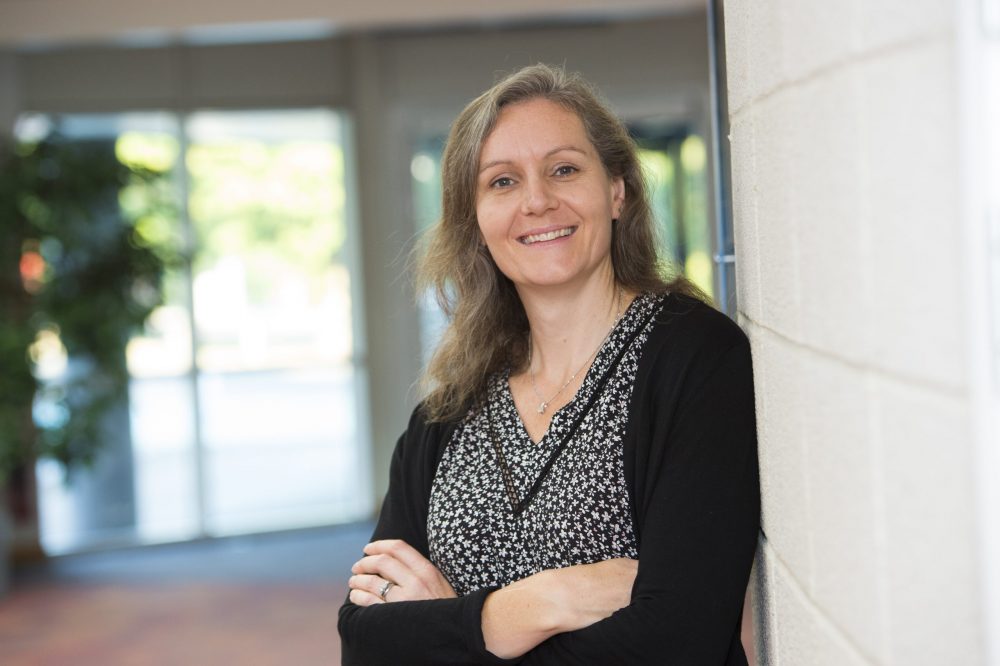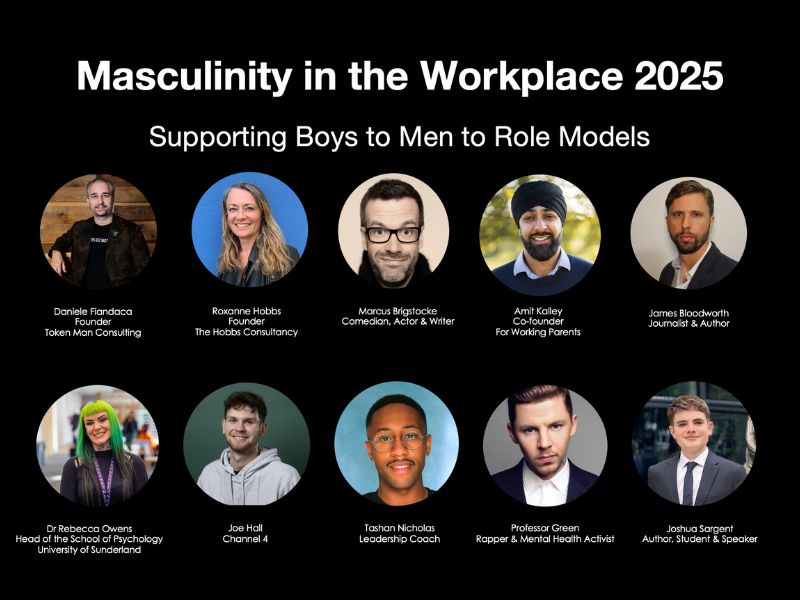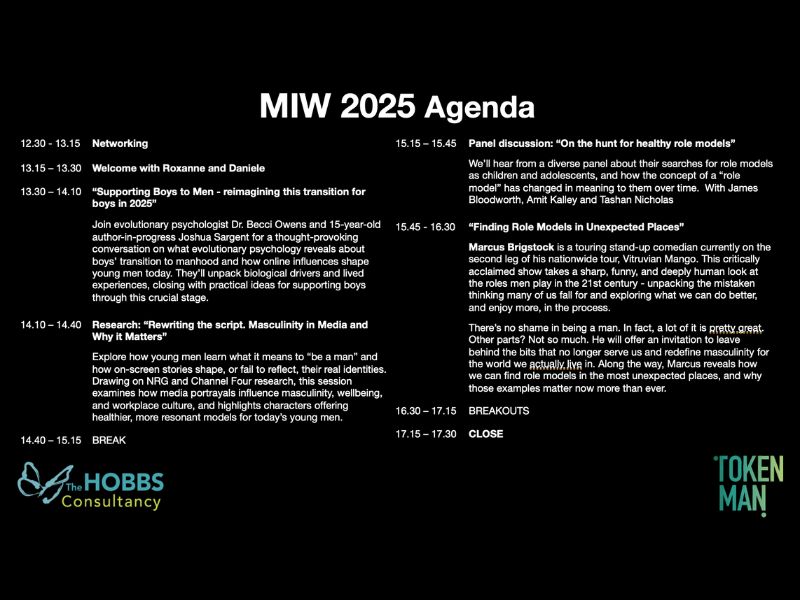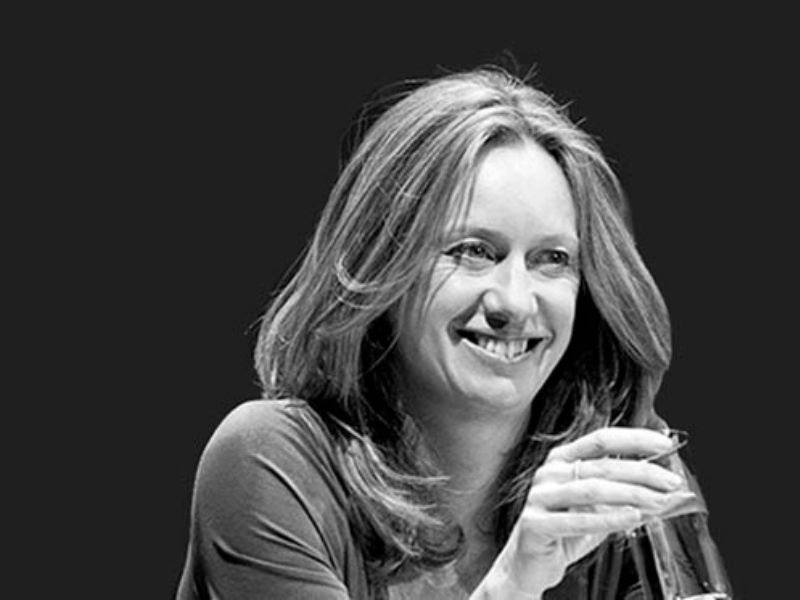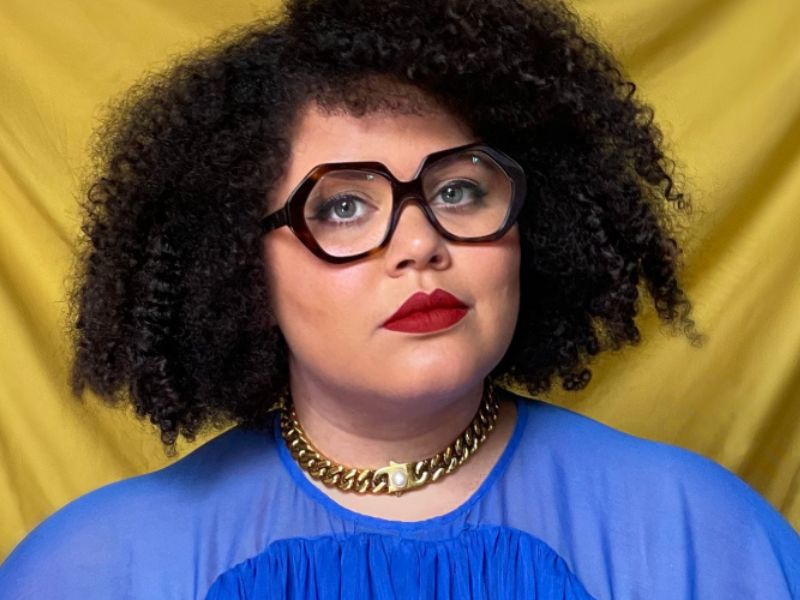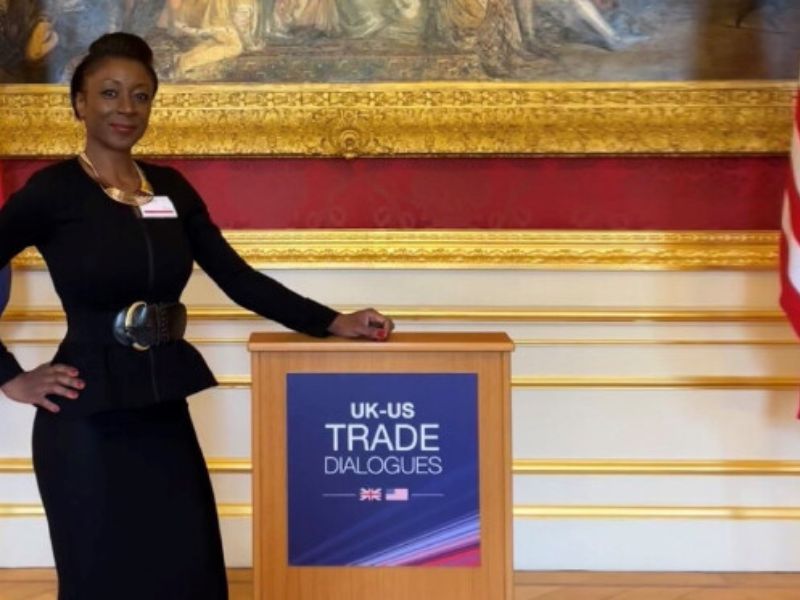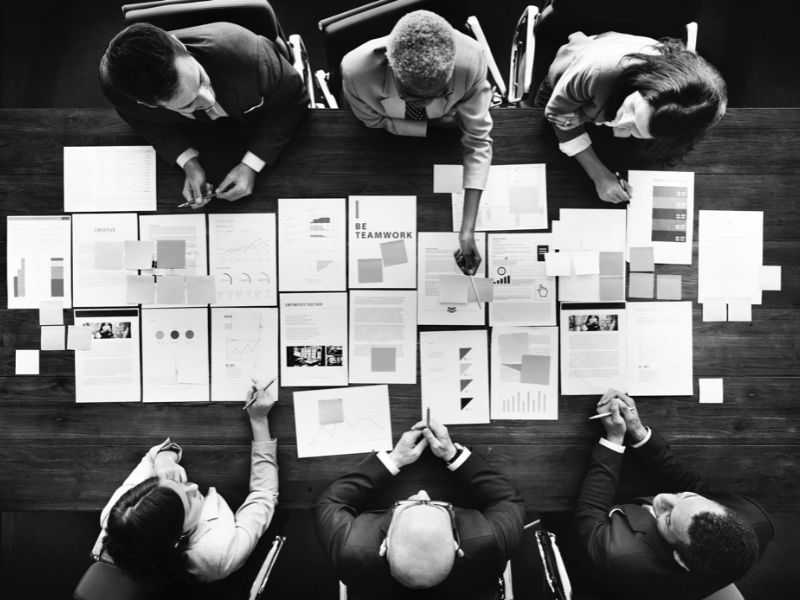Cath draws on her careers as an Olympic rower and conflict diplomat, combined with her experience of working with a wide range of organisations across sectors to raise performance, transform cultures and develop effective leadership and teams.
As an Olympic rower, Cath competed at three Olympic Games. Highlights include winning the World Championships in 2003 and an Olympic silver medal in 2004. As a diplomat for over a decade, Cath specialised in conflict issues, with postings to Bosnia and Iraq, as well as leading in Whitehall on the UK civilian contribution to stabilising conflicts around the world. These experiences equipped her with leadership, negotiating skills, resilience, and the ability to deliver outstanding performance under extremely challenging circumstances.
Cath is currently working on a book, ‘The Long Win’ that challenges the often narrow lens we have on what winning means, and sets out a new way of thinking and reframing success across business, sport and education.
Underpinned by the latest research from business schools, leadership theory and organisational psychology, Cath brings insights as a speaker, facilitator, consultant and writer into how organisations can develop a clarity of purpose, a constant learning mindset and genuine collaboration to achieve success. Cath’s expertise lies in building effective leaders, developing resilience and high performing teams, and Cath has a passionate interest in helping women to reach their leadership potential.
Cath continues to be active in supporting the next generation of sporting talent, including through support of the Youth Sport Trust, the Women’s Sport Trust and the Executive Committee of Cambridge University’s Women’s Boat Club. Cath has commentated for Henley Royal Regatta and the BBC Boat Races and been invited to review the newspapers on Radio 4’s Broadcasting House. Cath is an Honorary Fellow of Pembroke College, Cambridge and the University of Wales, Aberystwyth, and a Steward of Henley Royal Regatta.
Tell us a bit about yourself, background and your current role
I work in leadership development as a speaker, facilitator and coach, following a career as an Olympic rower for 10 years and then a career as a British diplomat for 12 years where I specialised in conflict issues around the world. I work as a consultant and coach directly supporting leaders and teams as well as lecture and speak on Executive Education programmes at the Judge Business School, Cambridge University and Imperial College Business School. I wrote my first book, ‘The Long Win’ in 2020, drawing together my experiences of what helps individuals and teams to thrive across sport, diplomacy, business and parenting. It’s been brilliant to connect with so many people in the UK and beyond with whom the book has resonated, and I was delighted when it was listed in the FT’s Top Business Books 2020.
Did you ever sit down and plan your career?
Yes and no, not the sporty bit! I was an extremely unlikely Olympian having not excelled at sports in my childhood – that was a career that emerged after taking up rowing at university (which I also did reluctantly, as I wasn’t sporty and didn’t like getting up early in the mornings!) But I have always been open to trying new things and that has always reaped huge benefits in the experiences I have had along the way. I had always been interested in becoming a diplomat since I heard of it as a job in my last years at school. Having studied languages and international politics, it felt a good fit for my interests and qualifications, and although I delayed applying to the Foreign Office due to my rowing career (and was older than I had originally intended), I was delighted when that door did open.
My current career as a speaker and facilitator, business school lecturer, executive coach and author is wonderfully varied and has grown organically over the last 7 years, drawing on both my former careers. When I looked back on my experiences in Olympic sport and international diplomacy, the thing that fascinated me in both was how we worked in intense teams under pressure to deliver results, often in extremely challenging circumstances. Most organisations use teams to deliver their work yet don’t always invest in actively developing those teams – my work is to ensure that teams and leaders have more insights into how they can constantly develop team effectiveness and leadership.
Have you faced any challenges along the way?
Constantly! Doesn’t everybody? As an Olympic athlete, it took many years for me to win any races at international level. Of course, that process was a powerful learning period that helped me understand what was required to win – far more than just working hard and being tough. High performance requires us to develop and invest in our mindset, behaviours and relationships. Disappointing performances in the first two Olympic Games I competed in were hard to take, although ultimately, they inspired me to understand more about performance and work out a way to deliver at the highest levels which I was able to do in my third Olympics where I won a silver medal in Athens.
The diplomatic work was frequently challenging, particularly working in conflict-affected parts of the world which are volatile and constantly changing. But these experiences taught me how to manage uncertainty and focus on the things that you can influence, and to let go of other issues beyond our control.
What has been your biggest achievement to date?
In my sporting career, my biggest achievement was coming back after a year off following my second Olympics where I finished a disappointing 9th with a new approach – and the beginning of my ‘Long-Win thinking’ – when I could so easily have given up and walked away. I had to accept that there was a huge chance I could lose again but wanted to try a more psychologically-informed approach that wasn’t just focused on winning – and with that, I had the most successful two years of my career, becoming World Champion and Olympic medallist.
More recently, writing my first book has been a huge achievement for me. It took four years to write and was in my head for longer than that and had to be managed alongside work and family life. It brought together a lot of my personal and professional experiences and the approach that I have developed in my leadership development work. As I share some of my own sporting and diplomatic experiences within it, I felt vulnerable as any author does putting their work out into the world and wondering what others will make of it!
What one thing do you believe has been a major factor in you achieving success?
I think that I have always brought a learning mindset and endless curiosity to whatever I have done – I often didn’t feel confident that I would ultimately succeed but just kept my head down and kept improving.
How do you feel about mentoring? Have you mentored anyone or are you someone’s mentee?
I think mentoring is a really powerful learning tool for everyone, whether you’re an entrepreneur or organisational leader, a school pupil or athlete. It creates that safe space to have conversations about all the things that affect us, emotions and feelings, thoughts and ideas, doubts and fears, hopes and dreams. It is one of the best tools we have for creating more inclusive workplaces and cultural change as it works across hierarchy and goes beyond job titles to the whole person behind. I am proud to work with mentoring programmes in business and love the energy that comes from the new connections and relationships that are made. I also support and advise a wonderful non-profit organisation called ‘The True Athlete Project’ (www.thetrueathleteproject.org) which runs a brilliant global mentoring programme for athletes around the world, and supports them to develop their values, an identity beyond sport, mindfulness, compassion and social responsibility. These topics provide a strong framework within which to situate an athlete’s pursuit of winning, bringing meaning and purpose to their sporting journey, whatever results they ultimate achieve.
If you could change one thing to accelerate the pace of change for Gender Equality, what would it be?
More workplace coaching for individuals and teams and supported reflective team conversations to enable everyone in the workplace to see how bias and privilege are continually at play in ways that we often can’t see.
If you could give one piece of advice to your younger self what would it be?
Don’t worry about future results and what others think – define what success means on your own terms with a focus on how you turn up each day, not on what you do.
What is your next challenge and what are you hoping to achieve in the future?
I am still enjoying bringing my book to new audiences and continuing to find ways to do that – it has resonated so hugely in a way I had never expected, as the pandemic has led to so many of us to revaluate what success means at work and beyond. I am working out how to continue to build on the topics within it, through further writing, speaking and workshops. I have also just become Chair of ‘Love Rowing’, British Rowing’s new Charitable Foundation, so keeping busy in my spare time helping to raise funds to bring the wonderful sport of rowing to more communities. This last year has shown us like never before how important active, healthy lives are – and there’s nothing like getting on the water, in a boat with great crewmates for gaining a whole range of mental and physical benefits.
WeAreTheCity has a back catalogue of thousands of Inspirational Woman interviews, including Cherie Blair, Paula Radcliffe MBE, Caprice Bourret, Anna Williamson and many more. You can read about all our amazing women here.

